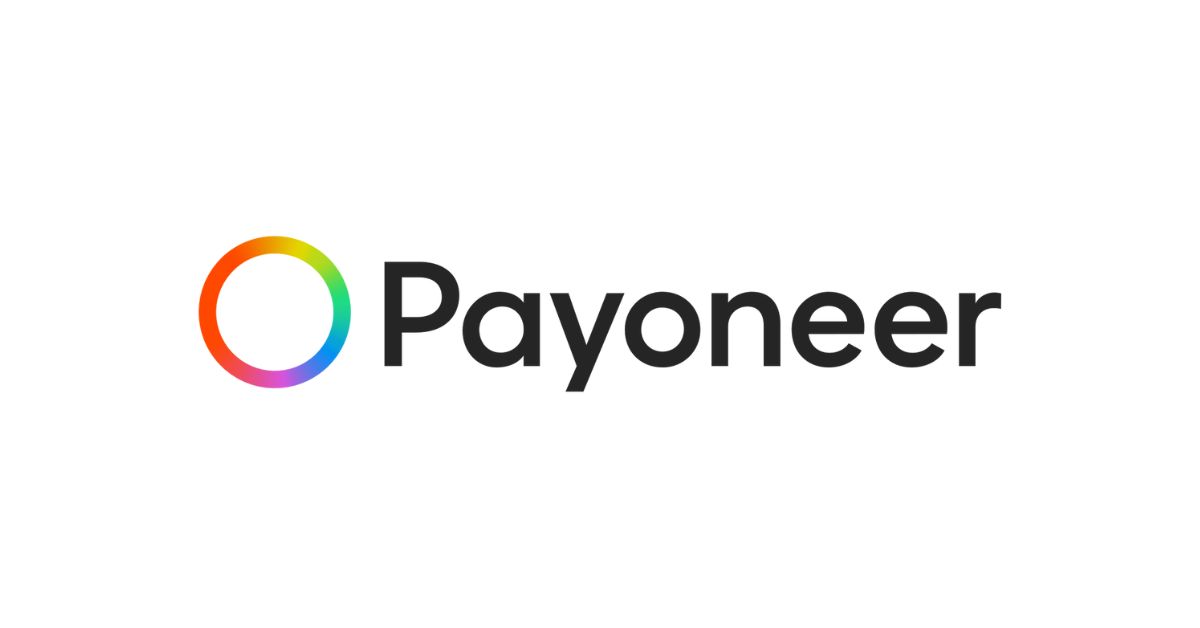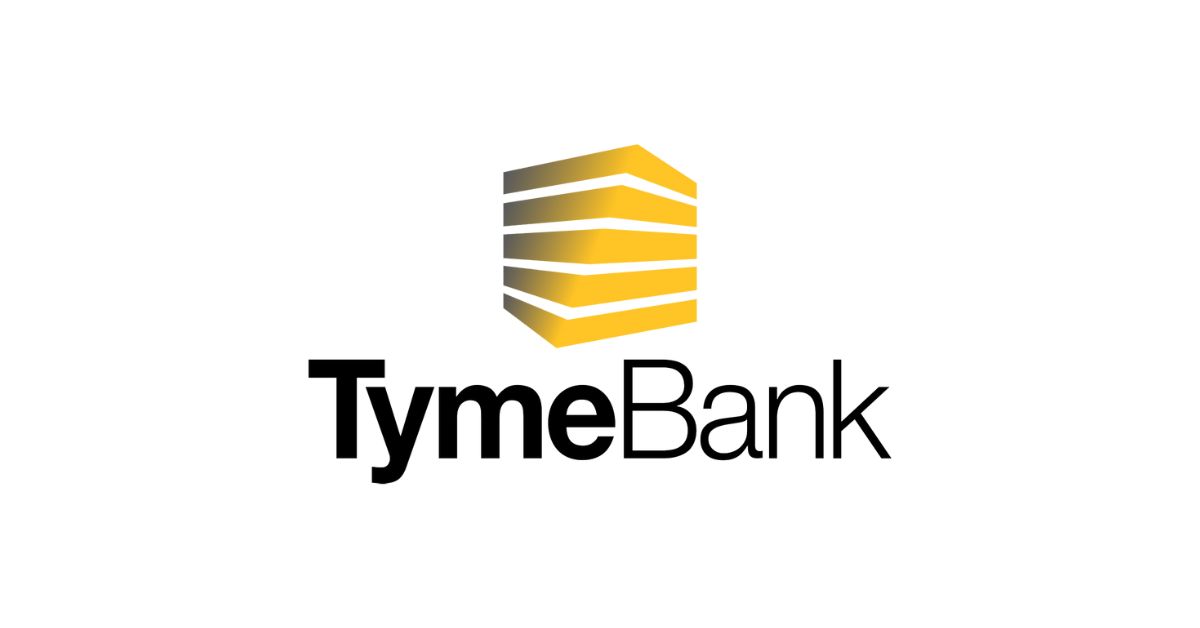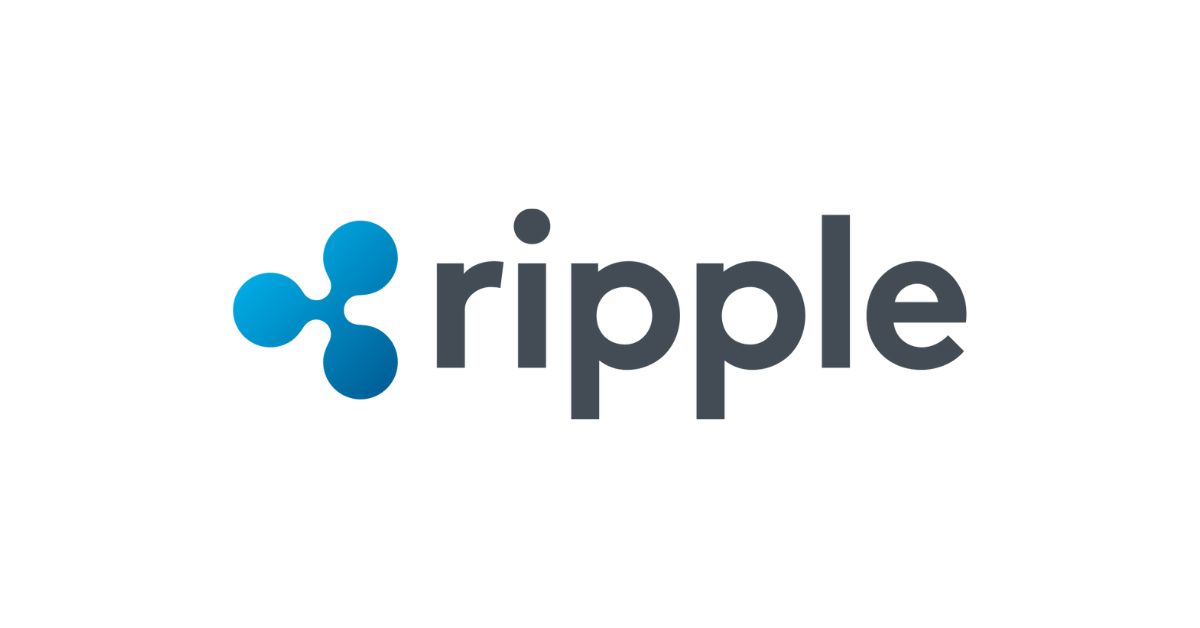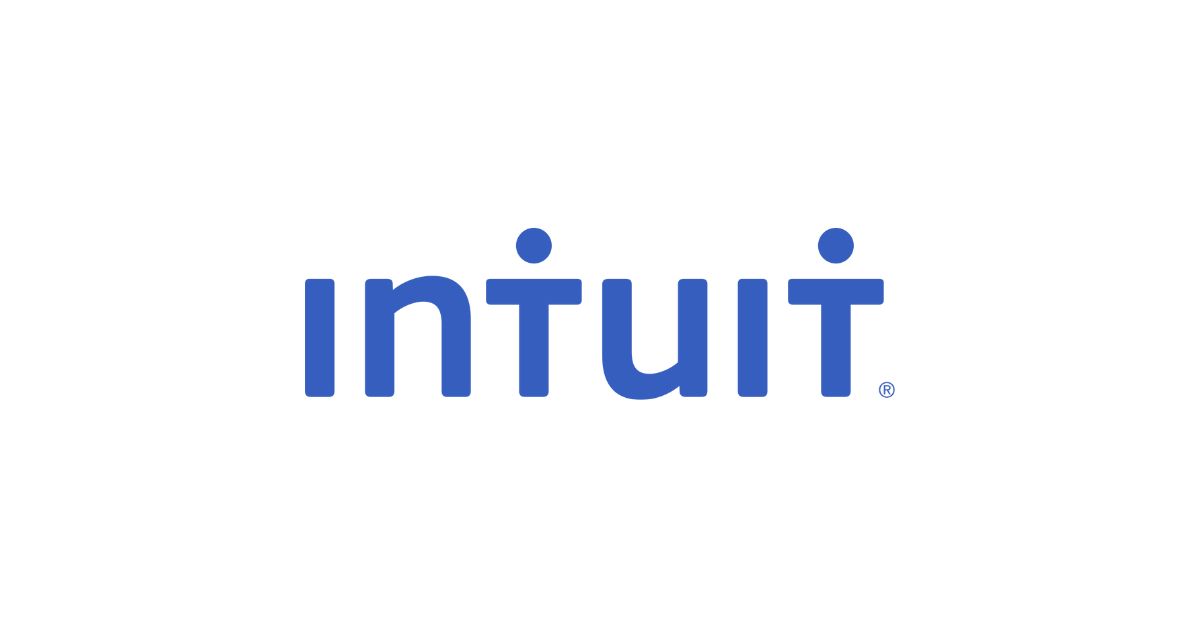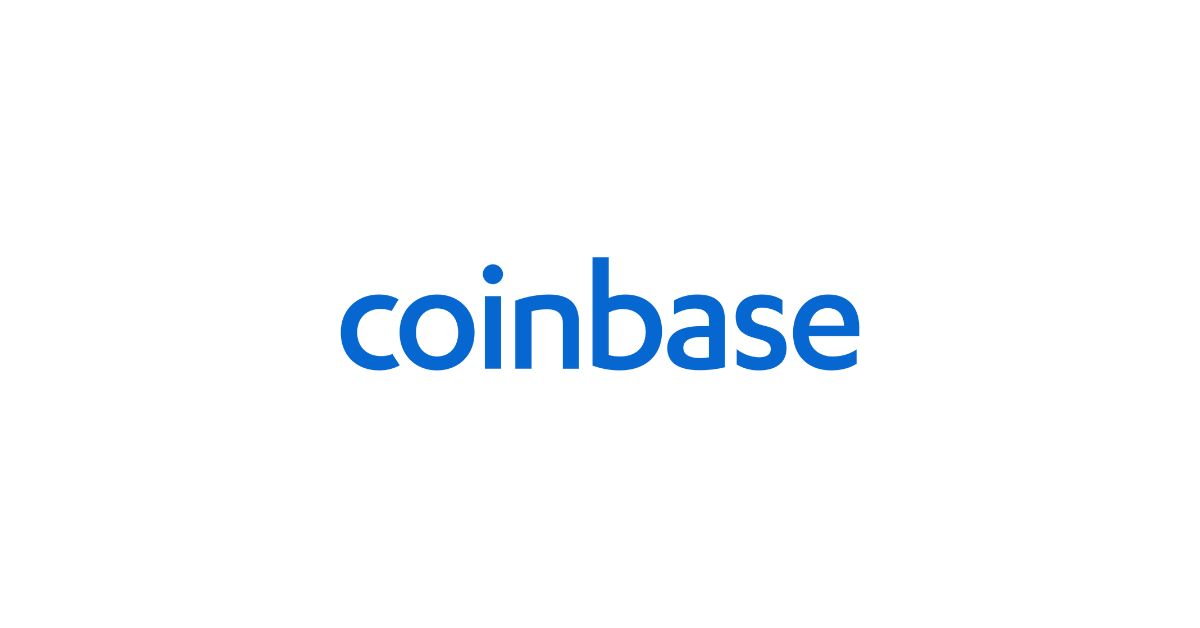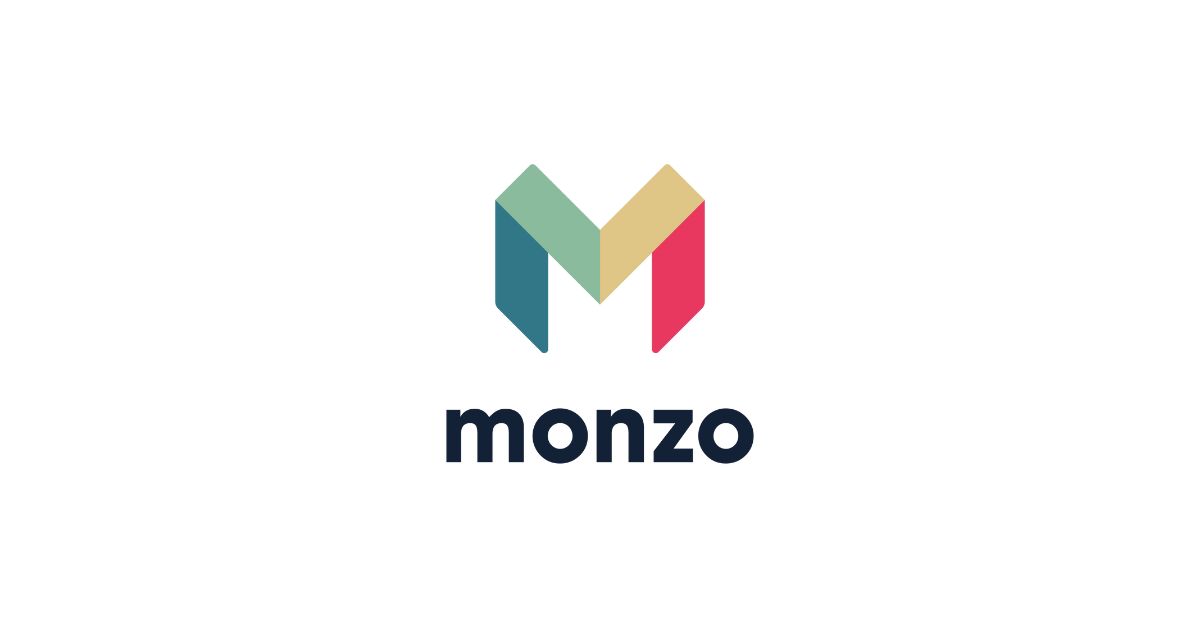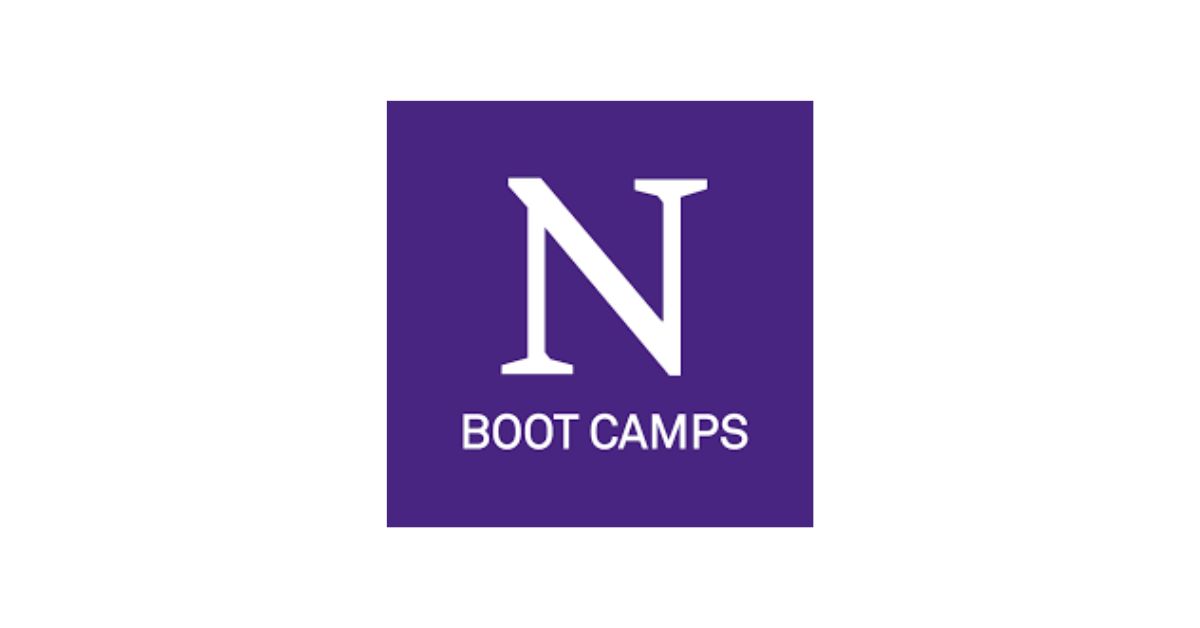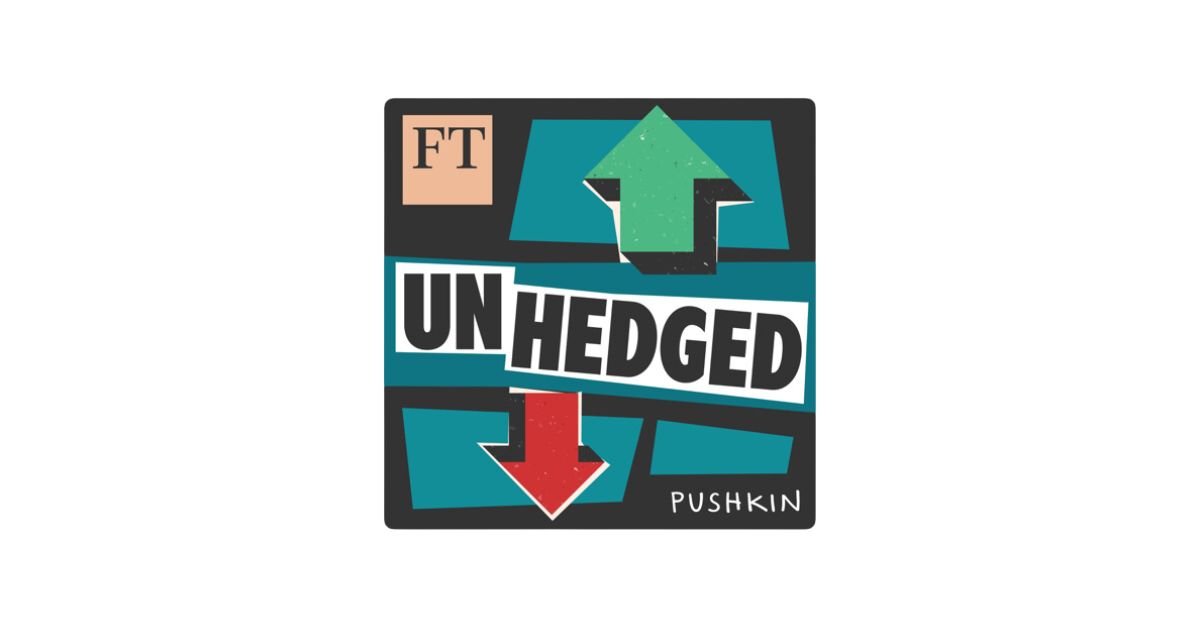Deciding on the right payment platform is crucial for any business looking to streamline its transaction process and provide better service to customers. Payment platforms are the intermediary facilitators of monetary exchanges between buyers and sellers, and their reliability, security, and ease of use are paramount. They’re not only about processing transactions, but also about ensuring that your business can grow without being hampered by payment hiccups. The right platform can bolster your business’s credibility as well as provide a seamless experience for your customers.
Choosing a payment platform is a multifaceted decision that involves assessing various aspects such as transaction fees, payment methods supported, integration capabilities with existing systems, and the level of customer support provided. Security is also a significant concern, as the platform will be handling sensitive financial data. Besides, user experience, provided both to the business and its customers, can greatly affect conversion rates and customer retention. With these critical factors in mind, a judicious selection is crucial.
Crucial Factors to Consider When Selecting a Payment Platform
Before you commit to a payment platform, it’s important to evaluate the transaction fees involved. These fees can eat into your profits, particularly if you’re dealing with small transactions or operating with narrow margins. Seek out platforms that offer a fee structure that aligns with your sales volume and ticket size. Compatibility is another critical consideration – the platform should mesh well with your website or sales system without requiring extensive overhauls.
Moreover, the diversity of payment methods that a platform supports can be a game-changer. In a market that’s rapidly shifting towards convenience and choice, offering multiple payment options such as credit/debit cards, e-wallets, and real-time bank transfers can satisfy a wider audience. Equally essential is the platform’s uptime record. A system prone to outages can mean lost sales and a blow to your reputation. Hence, uptime reliability should be meticulously vetted.
Security and Customer Support: The Lifeline of Payment Platforms
When handling financial transactions, security cannot be overemphasized. A reliable payment platform must comply with the Payment Card Industry Data Security Standard (PCI DSS) to ensure sensitive data is kept safe from breaches. Look for platforms that provide strong encryption methods and fraud detection tools. Another keystone of an effective payment system is its customer support. Should any issues arise, having access to prompt and competent assistance can make or break the customer’s experience.
Inquiries and problems are bound to occur, and responsive support can alleviate potential frustrations. Lastly, consider the platform’s scalability – as your business grows, so too will your payment processing needs. The platform chosen should be able to handle increased transaction volumes and expanded commercial activities without a hitch. To sum up, the right payment platform should function as a secure, efficient, and cost-effective bridge between your business and its financial exchanges with customers.




